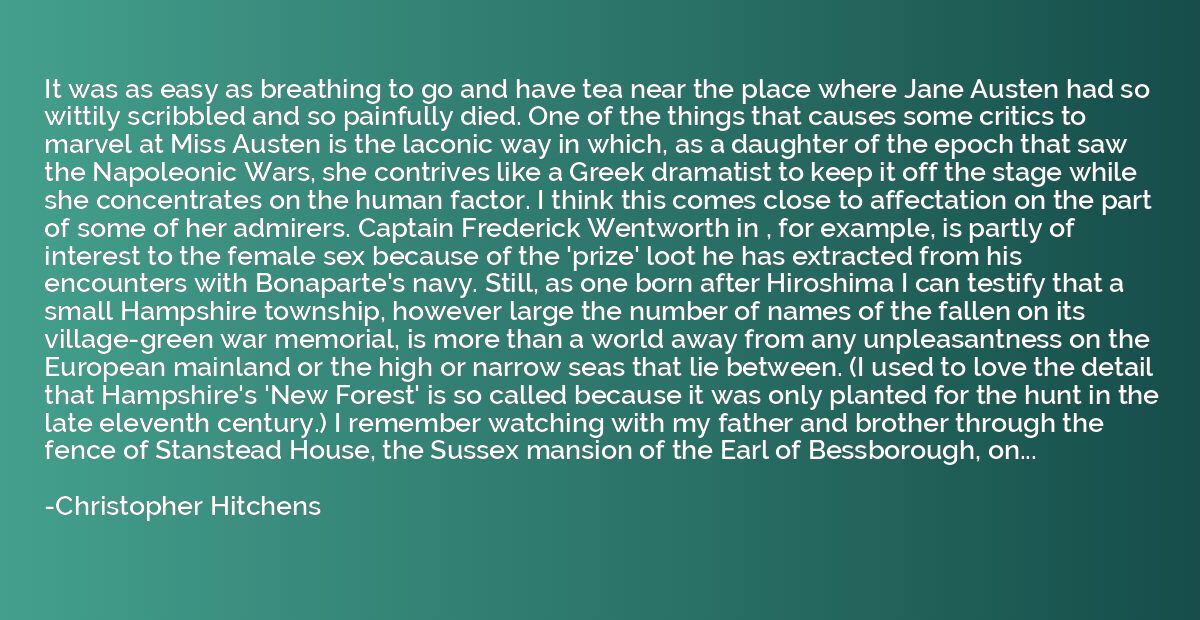Maya Angelou Quotes
A collection of quotes by Maya Angelou.
Maya Angelou (1928-2014) was an American poet, author, and civil rights activist. She was born Marguerite Annie Johnson on April 4, 1928, in St. Louis, Missouri. Angelou grew up in a racially divided society where she faced prejudice and discrimination. Despite a challenging childhood, she found solace in literature and discovered the power of words.
Angelou's literary works are characterized by her ability to express the strength, resilience, and beauty of the African American experience. Her most renowned work, "I Know Why the Caged Bird Sings" (1969), is an autobiographical novel that explores themes of racism, identity, and personal transformation. It quickly became a bestseller and is considered a classic of American literature.
Throughout her life, Angelou used her talent with words to advocate for equality and social justice. She worked closely with prominent civil rights activists such as Martin Luther King Jr. and Malcolm X. Angelou's commitment to civil rights and her contributions to the arts earned her numerous awards and honors, including the Presidential Medal of Freedom.
Maya Angelou's legacy as a poet, writer, and activist continues to inspire people around the world. Her profound insights into the human condition and her ability to give voice to the marginalized have made her an iconic figure in American literature and a symbol of strength and resilience.




















